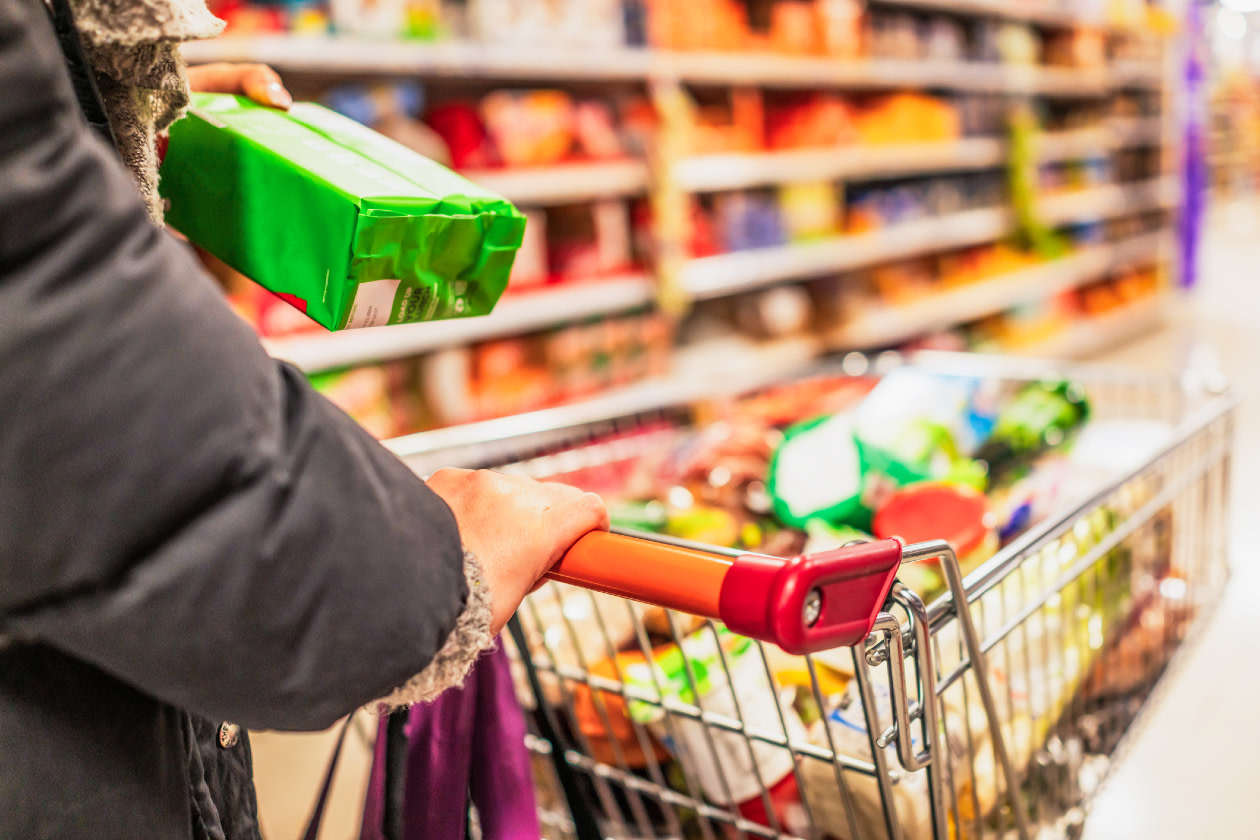British inflation slowed unexpectedly last month and core measures of price growth - tracked by the Bank of England - fell more sharply, according to official data that will be welcomed by finance minister Rachel Reeves after a market selloff.
The annual rate of inflation edged down to 2.5% in December from 2.6% in November, the Office for National Statistics said.
Economists polled by Reuters had mostly expected headline inflation to hold at 2.6%.
Inflation is expected to rise again - many analysts forecast it will top 3% in early 2025 - and Reeves said there was "still work to be done".
But investors increased their bets on the BoE cutting interest rates, putting an 82% chance on a first quarter-point reduction on Feb. 6, the date of its next scheduled monetary policy announcement.
Two rate cuts for 2025 were almost fully priced into the market, up from around a 60% chance before the data.
British government bond yields dropped from multi-decade highs hit in previous days. Sterling fell after the figures were published but then reversed course and rose slightly on the day.
The BoE has said Britain's persistent inflation pressure means it will move only gradually with reducing borrowing costs despite signs that the economy is losing momentum.
The likelihood of slow rate cuts has contributed to a jump in borrowing costs that has threatened to knock Reeves off target for meeting her budget rules, possibly requiring her to cut public spending.
"For now, this slightly softer report should help reassure investors that the BoE can continue with its gradual easing cycle, and we expect the next rate cut in February," Luke Bartholomew, deputy chief economist, abrdn, said.
The BoE forecast in early November that inflation would be 2.5% in December.
"Policy-makers and Treasury officials will be breathing a small sigh of relief," Scott Gardner, investment strategist at J.P. Morgan owned digital wealth manager Nutmeg, said.
CORE MEASURES SLOW
The fall in the headline CPI rate reflected cheaper hotel rooms and clothes and a smaller rise in tobacco prices in 2023, the ONS said.
Underlying measures of price growth, which the BoE sees as a better guide to underlying price pressures, also slowed by more than expected.
Core inflation, which excludes energy, food, alcohol and tobacco prices, fell to 3.2% from 3.5% in November.
Services inflation stood at 4.4% in December - its lowest since March 2022 - compared with 5.0% a month earlier, the ONS said. Economists had forecast it would dip only to 4.9%.
"Are we on a linear path down for inflation? We don’t think so," Sanjay Raja, Deutsche Bank’s chief UK economist said, pointing to increases in April in the minimum wage and employers' social security contributions as well as higher energy and food costs.
"That said, the jump in price momentum will likely be temporary, with price inflation expected to normalise to more target-consistent levels next year."
Factory gate prices in December were 0.1% higher than a year earlier after November's 0.5% drop.
(Reporting by Suban Abdulla and David MillikenEditing by William Schomberg and Barbara Lewis)
Copyright (2025) Thomson Reuters.
This article was written by Suban Abdulla and David Milliken from Reuters and was legally licensed through the DiveMarketplace by Industry Dive. Please direct all licensing questions to legal@industrydive.com.

